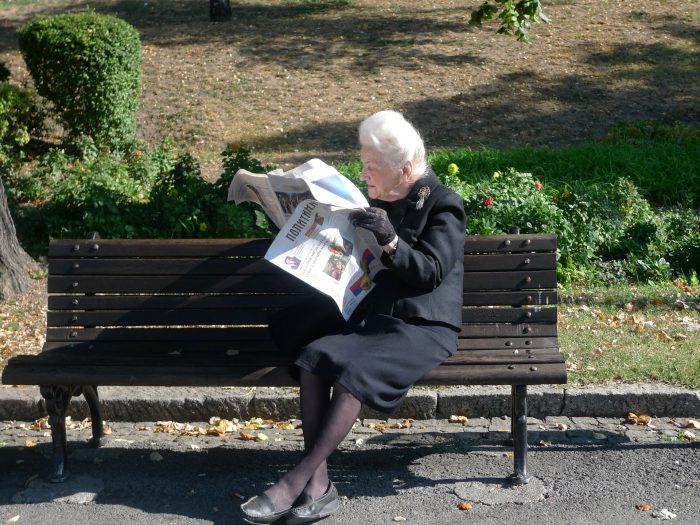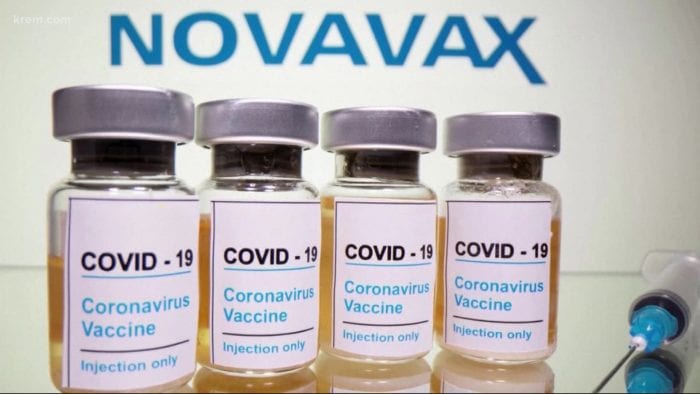By Chris Cumella
Rows of sugar kelp – a brown native seaweed — are being planted and will be harvested in Setauket Harbor, not for decoration but to provide cleaner water and other benefits to the community.
Neighboring next to Port Jefferson Harbor, the Setauket Harbor Task Force has installed two 100-foot lines with sugar kelp seedlings in hopes of cultivating them when they are ready for harvesting. There are numerous ways in which the sugar kelp can be benefited from.
This aquatic plant is edible for both people and pets. It can be used as a fertilizer, bioplastic, biofuel, cosmetics and is a method to help improve water quality.
“Our main goal for this year is to spread the word about kelp and where it grows, the conditions it needs, how to process it and how it can benefit growers on Long Island,” said Wendy Moore, benefactor and manager of the sugar kelp project.
Moore, along with her husband, Justin, founded The Moore Family Charitable Foundation, a nonprofit community involvement program.
“To that end, we’ve developed relationships with 11 growers this season,” she said.
Moore attributes her profound interest in the project to the fact that sugar kelp is self-sustaining. It is what she describes as a “low-intensity process,” which has seen nearly no obstacles other than lesser amounts of sun in the winter months. The Town of Brookhaven was one of the first to support the project and even provided equipment to the task force. There are plans to expand the project in the following years.
Even in a continuous pandemic, the project has not been swayed. According to Moore, the gear distribution and outplanting have been outdoors. Everyone on the team has been able to gather safely and follow proper COVID protocols.
“We’re lucky that much of the needed operations at this time are outdoors,” she said.
David Berg, a scientific advisor to the Moore Foundation, said that the cultivation rate would be more likely to increase after the equinox in March.
Besides Setauket and Port Jefferson Harbors, the Moore foundation has set up in other locations including Islip, Brookhaven, Greenport and Oyster Bay.
Two years ago, the Setauket Harbor Task Force began conducting water monitoring in Setauket Harbor. They set out in the spring, summer and fall seasons to take water chemistry readings and samples to document the water quality. With authorization from New York State Department of Environmental Conservation, the task force has been able to look at what can be done about the water and possibly cleaning it up.
“There’s oyster harvesting and clam harvesting,” said George Hoffman, a trustee of the task force which helps oversee the sugar kelp cultivation and production. “We decided to try sugar kelp harvesting, and they’re cleaning up the water by feeding on the C02 … which leads to water acidification.”
Hoffman describes his feelings about the task force being included in this pilot project as “exciting” and wants to show the public that harbors like Setauket can become productive areas for marine agriculture.
“We’re happy to have a product that will help us clean and improve the quality of the water and likewise providing beneficial food,” he said.
Cultivating the sugar kelp requires attaching the seeds to two 100-feet lines in the harbor, held together in place by mushroom anchors. When the kelp is ready to harvest, it is thick, rubbery, and a glistening shade of brown before it is processed and cleaned into a vibrant emerald green color, ready for distribution.
According to Hoffman, the harvesting sites take up roughly 200 feet of water, and he hopes to see expansion in a couple of years if this project yields successful results.
“The main thing we’re interested in doing is taking the interest that’s already here and helping Long Island along in the momentum of progressing further,” Moore said. “We want to seek out and connect with people and help get the word out about the amazing potential that it has.”

















